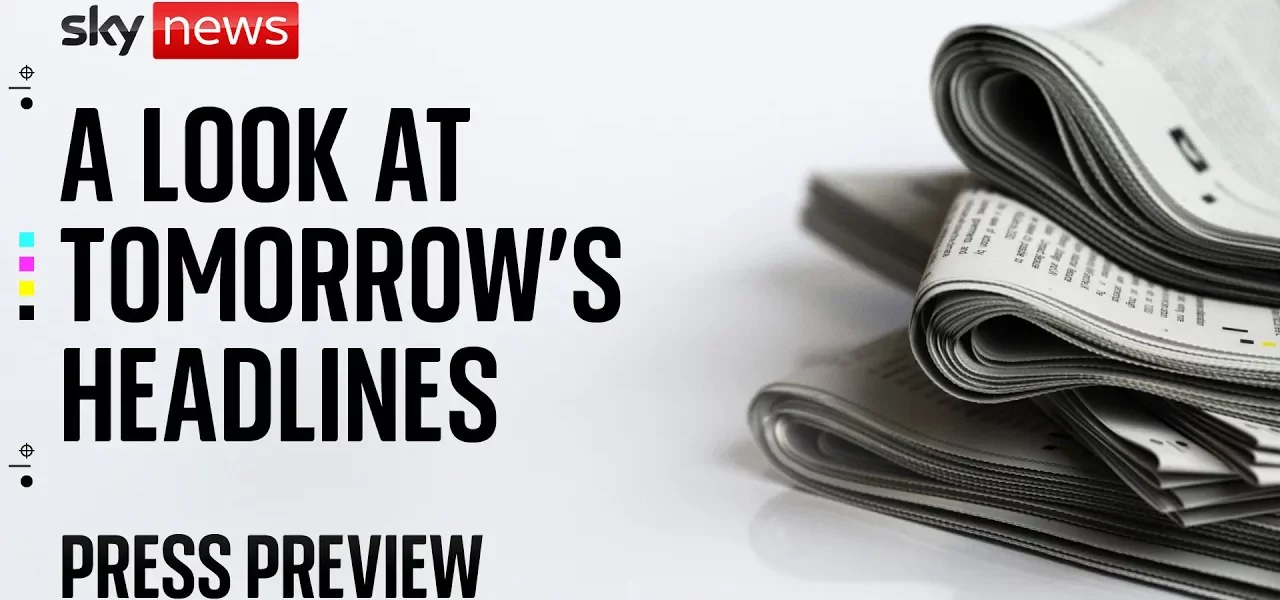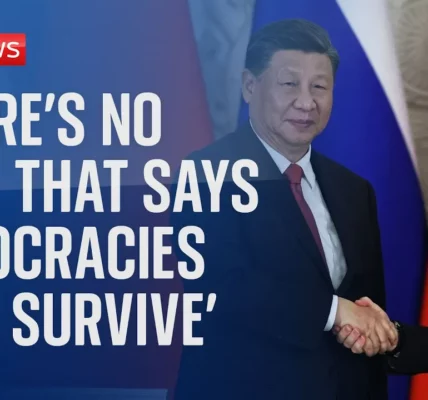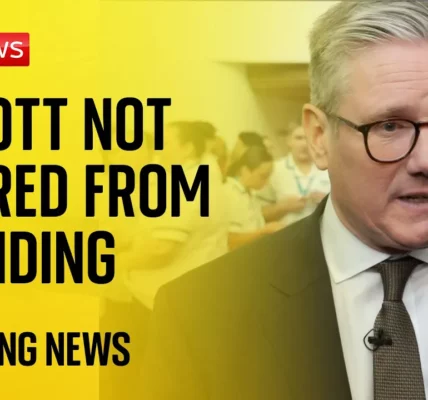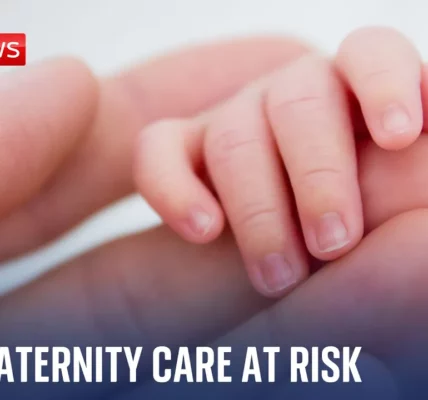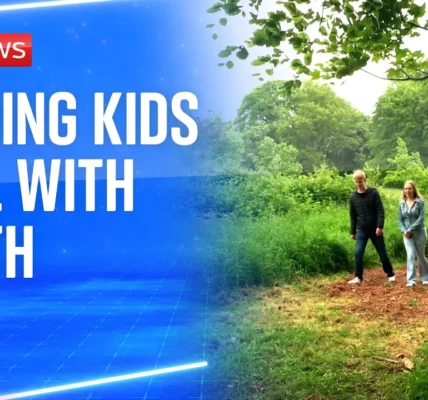Political Landscape: Farage’s Tax Cuts and Election Implications

In this article, we delve into the evolving political dynamics in the UK, examining Nigel Farage’s ambitious tax promises, the strategies of the Conservative Party, and the impact of these developments on the upcoming elections. Join us as we explore the implications of these headlines and what they mean for voters across the nation.
Introduction
The political climate in the UK is heating up as the general elections approach, with significant implications for party strategies and voter sentiments. Central to this discourse is the emergence of Nigel Farage and his Reform UK party, which aims to position itself as a formidable alternative to the traditional Conservative and Labour parties. This article explores key news stories and analyses the potential repercussions of the latest political strategies, focusing on tax cuts, spending promises, and the overarching narrative surrounding immigration and public trust.
Nigel Farage’s Tax Proposals
Nigel Farage, the leader of Reform UK, has recently outlined an audacious plan that includes massive tax cuts and increased public spending. While Farage insists this should not be termed a manifesto, the implications of his proposals are significant.
Key Elements of the Proposal
- Raising the minimum threshold for income tax.
- Abolishing stamp duties.
- Scrapping VAT on energy bills.
- Eliminating inheritance tax.
- Implementing life sentences for drug dealers.
Financial Viability
Despite the ambitious nature of these proposals, many economists have raised concerns about their feasibility. Farage’s plan implies an additional £141 billion in annual tax cuts financed by £156 billion in savings, which some argue is unrealistic.
Political Reactions and Implications
The response from other political factions has been mixed, with many questioning the integrity of Farage’s promises. Ryan and Jessica, political editors at renowned publications, discussed how Farage’s candid approach might resonate with disillusioned voters who feel let down by traditional parties.
The Conservative Party’s Strategy
In an effort to counter Farage’s rising influence, the Conservative Party has enlisted the former Prime Minister Boris Johnson to assist in rallying support. This has raised eyebrows regarding the effectiveness of Johnson’s involvement in current campaigns.
Boris Johnson’s Role
Johnson’s presence is mainly through signed letters to voters, a strategy that some believe may not significantly impact the election outcome. Analysts suggest that while Johnson’s appeal may attract some voters, it could also alienate others due to his controversial tenure.
Challenges Facing the Labour Party
As the Labour Party prepares for the elections, it faces its own set of challenges. The party’s spending commitments and proposed policies have drawn scrutiny, particularly regarding their differences from Conservative strategies.
Comparative Analysis of Policies
- Labour’s proposed spending commitments are not significantly different from those of the Conservatives.
- Concerns regarding the credibility of Labour’s electoral promises.
Voter Sentiment
The lack of distinctiveness in Labour’s policies compared to the Conservatives may contribute to voter apathy. With many citizens feeling disillusioned, it raises questions about whom they can trust to deliver on their promises.
Immigration: A Central Theme
Immigration has become a focal point in the upcoming elections, with Farage framing it as a pivotal issue. This narrative has implications for both the Conservative and Labour parties as they try to address public concerns while managing their own party policies.
Conclusion
The political landscape in the UK is undergoing significant changes, with Nigel Farage positioning himself as a key player. His proposals for tax cuts and spending may resonate with voters looking for alternatives, but questions surrounding their viability persist. As the Conservative and Labour parties navigate these dynamics, the impact on voter trust and electoral outcomes remains to be seen. To stay updated on these developments, be sure to follow our coverage leading up to the elections.
“`
